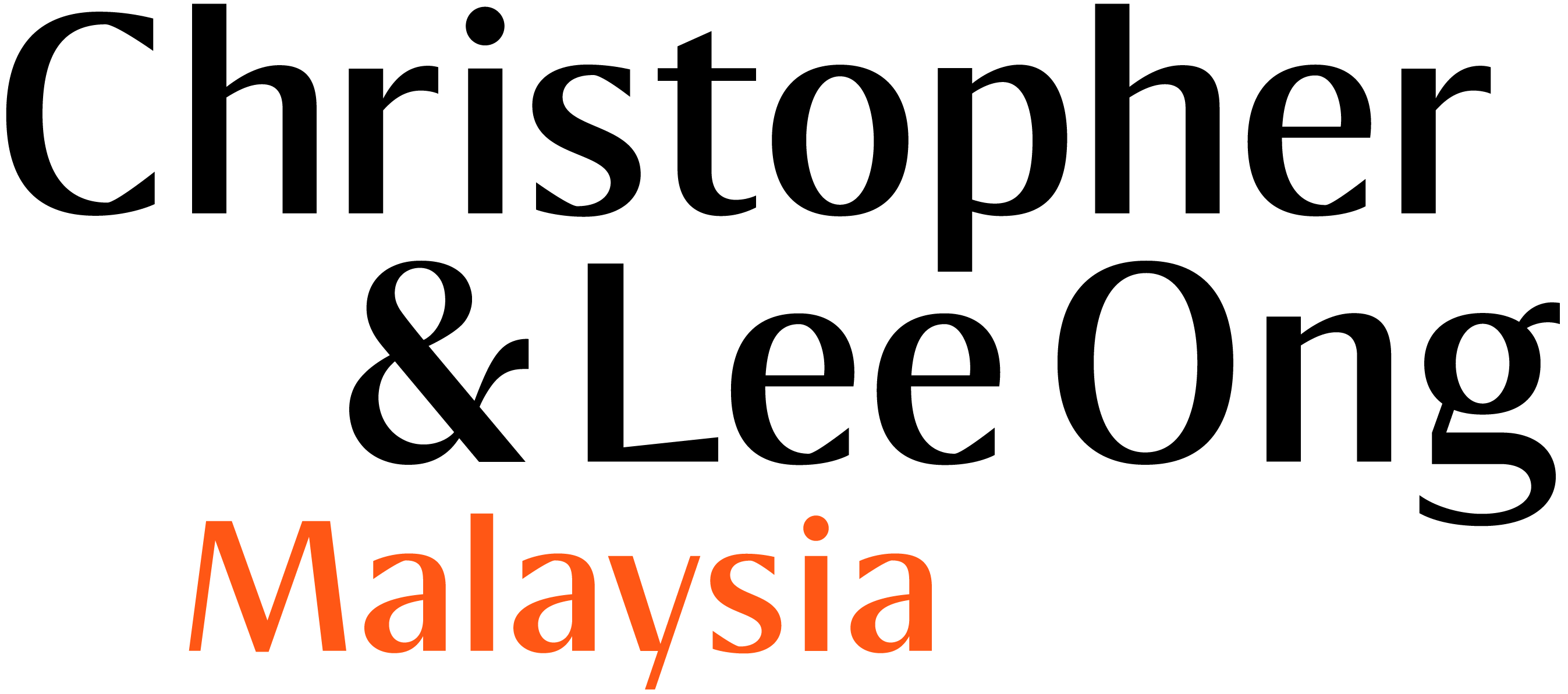Federal Court in Crystal Crown Hotel Case: Service Charges Cannot be Used to Pay Hotel Workers Salaries to Meet Employers' Statutory Obligation to Pay Minimum Wage
In an effort to alleviate the plight of low-income workers, Parliament has fixed and revised the minimum wage on a national basis vide the National Wages Council Consultative Act 2011 (“NWCCA 2011“) and various Minimum Wages Orders (“MWOs“) from 2012 to 2020. Under section 23 of the NWCCA 2011, an employer who fails to pay its employees the basic wages as specified in the MWOs commits an offence and shall, on conviction, be liable to a fine of not more than RM10,000 for each employee.
The case of Crystal Crown Hotel & Resort Sdn Bhd (Crystal Crown Hotel Petaling Jaya) v Kesatuan Kebangsaan Pekerja-pekerja Hotel, Bar & Restoran Semenanjung Malaysia [2021] 3 MLJ 466 (Federal Court) involved a hotelier who utilised the collection from service charges as part of the employees’ basic wage to meet its statutory obligation to pay the minimum wage.
The Federal Court ruled that, as “basic wages” under section 23 of the NWCCA 2011 excludes any other kind of cash emolument payable to an employee for work done, including service charges. The hoteliers could not therefore utilise service charges imposed on customer bills to meet the statutory minimum wage of their employees. This decision impacts the hotel industry, particularly since this sector is one of the most significantly affected by the COVID-19 pandemic, in that hoteliers have to continue to pay the statutory minimum wage without being able to rely on income from service charges.
For more information, click here to read our Legal Update.
Does Delay in Issuing an Arbitral Award Result in Loss of Arbitrator's Jurisdictional Mandate?
In Ken Grouting Sdn Bhd v RKT Nusantara Sdn Bhd and another appeal [2020] MLJU 1901, the facts pertained to a dispute between parties to a building contract that adopted the Persatuan Akitek Malaysia Arbitration Rules 2003 Edition (“PAM Rules“), where an arbitral award was delivered beyond the specified deadline, without any attempt to extend the timeline for the delivery of the award.
Pursuant to these facts, the Court of Appeal deliberated on the interpretation of Article 21.3 of the PAM Rules, which stipulates that the “Arbitrator shall deliver his award as soon as practical but not later than 3 months from his receipt of last closing statement from the parties”.
Whilst the Court of Appeal recognised that the Arbitrator’s mandate and jurisdiction may be resurrected if time was extended pursuant to section 46 of the Arbitration Act 2005, the Arbitrator or the parties would have to make an application to that effect and could not, of its own volition, extend time. The Court of Appeal further ruled that, without such an application for extension, once a specified deadline lapsed (in this case, as set out in Article 21.3 of the PAM Rules), the Arbitrator no longer has the requisite jurisdiction to make a valid award.
For more information, click here to read our Legal Update.
BNM Issues Exposure Draft of Policy Document on e-Money
BNM Issues Exposure Draft of Policy Document on e-Money On 11 June 2011, Bank Negara Malaysia (“BNM“) issued an exposure draft on the new Guidelines for Electronic Money (“e-Money“) (“Exposure Draft“). Written feedback on the proposals in the Exposure Draft are to be made by/before 31 July 2021.
The Exposure Draft aims to ensure the safety and reliability of e-Money issued by persons approved under section 11 of the Financial Services Act 2013 or the Islamic Financial Services Act 2013 (“EMI“), and to enhance confidence in using or accepting e-Money for the payment of goods and services.
The Exposure Draft outlines, among others, the following:
- introduction to two types of EMIs – the ‘standard EMIs’ and the ‘eligible EMIs’, with eligible EMIs being subject to more enhanced requirements;
- introduction of a new category of ‘limited purpose e-Money’ issuers who will be exempt from the framework and requirements for approval;
- a framework provisioning for the ‘white labelling’ of EMIs that enter into partnerships with third parties, who offer e-Money under their own brand, whilst the EMIs remain accountable for the issuance and management of e-Money funds and operations;
- Board of Directors and senior management governance requirements;
- Shariah governance requirements for EMIs that offer Shariah compliant e-money;
- operational and risk management requirements;.
- substantial additional technology and cybersecurity controls and requirements relating to risks and operations management;
- minimum requirements on outsourcing agreements; and
- control measures based on various digital delivery channels.
The Exposure Draft, if finalised and issued as a Guideline, will replace and supersede the current Guideline on Electronic Money (e-Money) which was issued by BNM on 31 July 2008.
Please note that whilst the information in this Update is correct to the best of our knowledge and belief at the time of writing, it is only intended to provide a general guide to the subject matter and should not be treated as a substitute for specific professional advice














